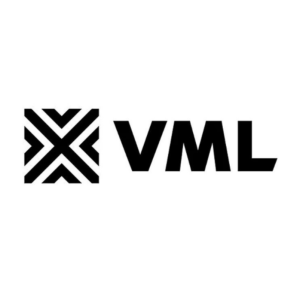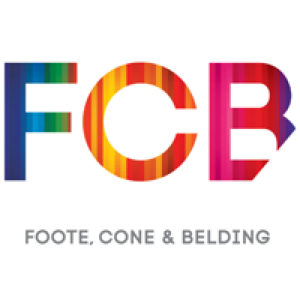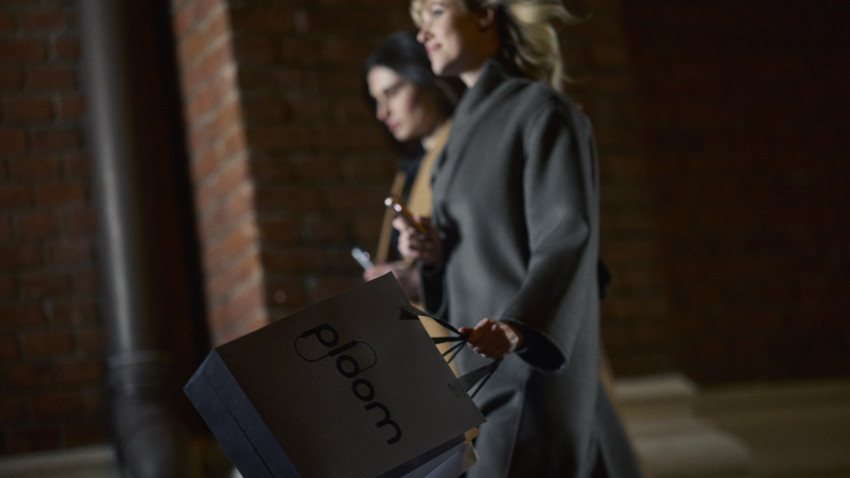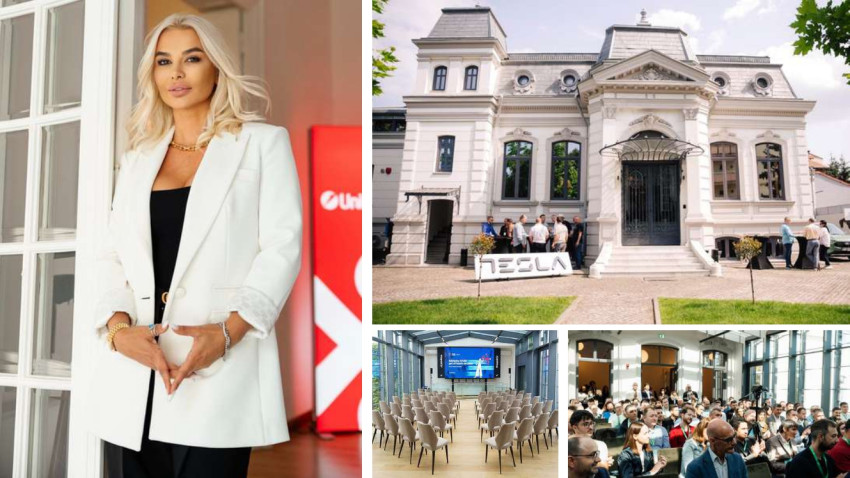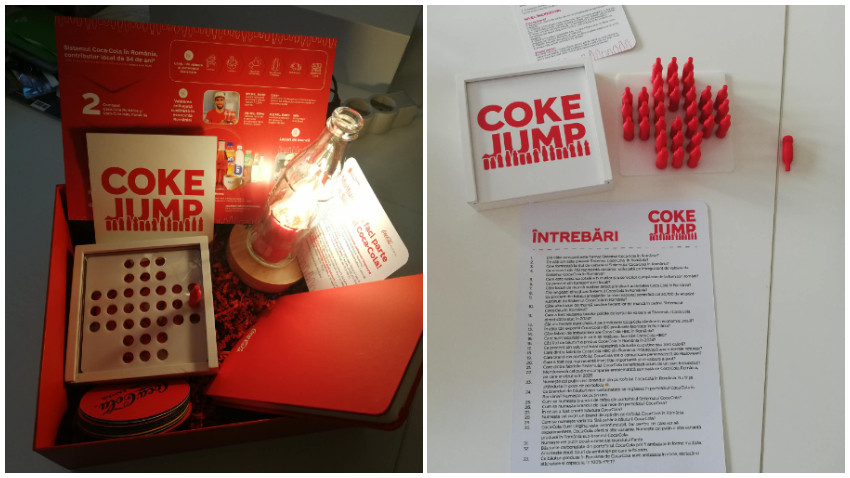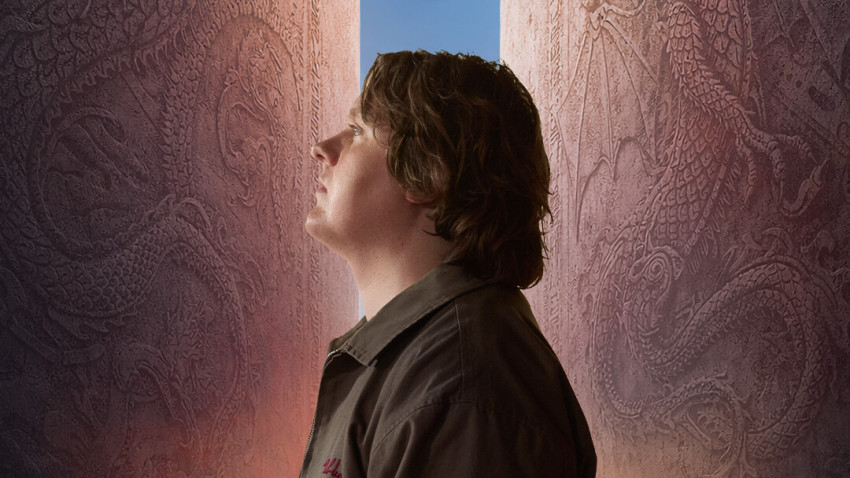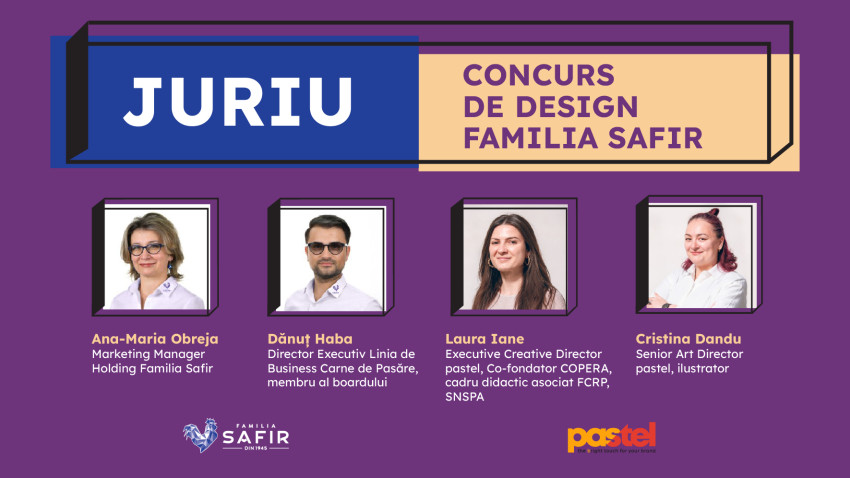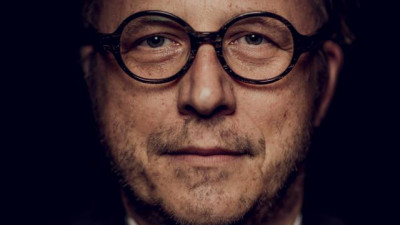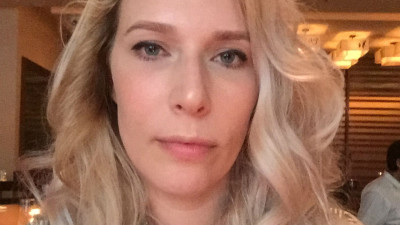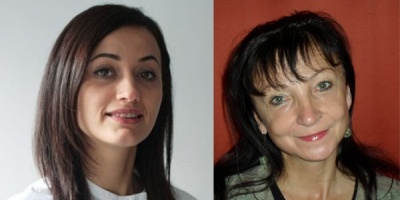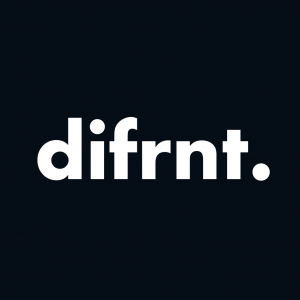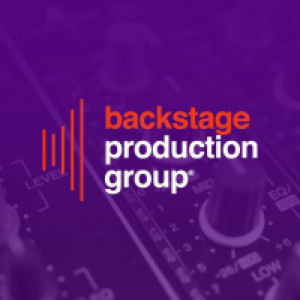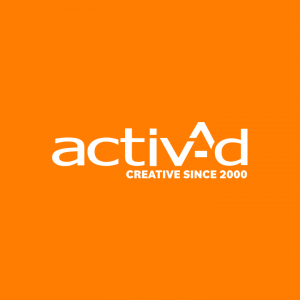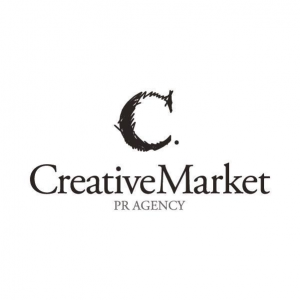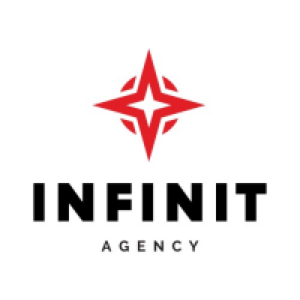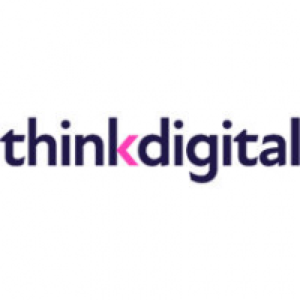All Romanians are good at football, politics and ads. But it looks like they have some competition in terms of know-it-alls, says Rafał Baran, CEO FCB Bridge2Fun. The Poles are the best at everything. We continue to explore neighboring advertising, this time in Poland, where the industry has become more mature, globalization is taking its toll and creative courage is less frequent. Rafal has been working in the media and marketing industry for 25 years. At 26 he was CMO at Sony Music, then switched to advertising, where he led a number of agencies - Bates, Red Cell și Grey.
During the 90s, like in many post-communist countries, working in advertising was sexy, everyone was young, the industry growing, customers happy. Now, the market is mature, growth is organic and those who work in advertising are not so young anymore. Rafal speaks of his advertising adventures and the changes that the industry has gone through, what defines communication in Poland, local flavors and cultural context, the current effects of digital, the threat of AI and the narrow space left for creativity.
Varianta în română a înterviului aici.
Your start in advertising
Well, it was a coincidence as usually in the early 1990s, when everything was new after the old system collapsed. In the 1980s. I had dreamed about studies at the Film School in Lodz, my hometown. Most of guys like me in Lodz wanted to go there, the school where Polanski and Wajda studied. I wanted to be somehow involved in the interesting film industry. Since I was not so gifted in photography or acting skills I wanted to study film production. But this faculty was just a post graduate study though in two years the school was about to launch an undergraduate program, so I had to find something in the meantime.
I chose the Management Department at the Lodz University This is where I explored for the first time the idea of marketing and advertising as a part of science and a perspective of a future job – it was 1989!! Once there I decided to continue my studies. I had some student jobs in Sweden and UK, so I could observe marketing and advertising in practice as an end consumer. In brief I enjoyed watching commercials. I started to go to newly established local advertising festivals.
Next I got a job with a local radio station as head of music as music and show business were my two other passions. So I kind of stopped thinking about working in advertising. I was getting more and more involved with the music and media industry. After graduation I moved to Warsaw and started to work for Sony Music Entertainment (although my master’s thesis was about advertising and pre-testing of advertising).
Soon I was appointed as CMO position for Sony Music, I was 26 then. It was different back then: it was enough to be young, having some experience with the western culture and speaking English. I started to work in the most desirable place: meeting music stars, journalists, creating and promoting new music trends and artists, introducing new artist to Polish market. I was meeting people who I had dreamed to meet when I was teenager. I was going places and attended events I would had never dreamed about before as an employee of international music industry giant.
After 3 years my friend who had started to work in advertisng convinced me to launch a PR start up and this is how I started to work for advertising industry and I have been doing this ever since. My first years of working for showbusiness still paid off in my contacts base and in looking at advertising from a broader angle. The most important stages of my work for advertising industry were: the first fully won Client and first multichannel campaign, an acquisition of our local agency first by Bates and a merger, than by WPP, and later the merger with Grey.
Some of the greatest achievements were for sure winning twice the title of Agency of the Year, Adman Awards. Some significant campaigns related to major market shifts like rebrandings of Polish brand Idea into Orange, mBank, Commercial Union into Aviva. My first interview I had was for Saatchi and JWT. I was a student than and just before making a decision to start to work for music industry. So it seems it did not go too well :)))) as I decided to work Sony Music instead of Saatchi…
Significant changes in the industry
Well, advertising is still about stories, content and entertainment based on quite universal insights. Surely technology somehow enhanced the same old needs and threats of people minds and souls, but still people like to be entertained, allured, moved, convinced by stories.
Obviously advertising at the end of the 1990s in Poland was easier. Market was growing, all categories had room for growth. Some categories were just introduced (telecoms, home entertainment technologies like gaming consoles) so there was a constant WOW! effect coming from a product or a category as everything was new.
So for advertising it was easy and profitable as marketeers were happy: growth of market shares, growth of sales, fewer channels of communication, less complexity (ie now we have 200 tv channels in Polish whereas back then we had only 4 including just one that was private and commercial). Also less market and advertising regulations for sensitive products like alcohol, tabacco, etc. And moreover it was a sexy thing to work for advertising, everybody was young and open minded :)).
So nowadays everything is the opposite of those times: growth is organic, margins are organic, media landscape is complex, regulations are tougher, managers are less brave. Well I had to be young at heart as advertising loves being young, energetic and… naïve.
The local flavour
Without a doubt every nation, society or a community is reflected in advertising as advertising usually refers to residual codes. We do a lot of humor. We like as the other post-communist nations, to be admired, valued and flattered. We like to refer to our history. And we like celebrities.
Global and local
The fact is that some insights are global, but they are quite shallow, so if you need to compete you need to dig deeper and explore them usually from a local perspective and cultural context. As greed is growing then you start to optimize everything.
Globalisation leads to next level - AI in advertising - and it means we should be looking for another job. So I hope that marketeers will still value local insights, local cultural context, otherwise everything will be the same.
Local burdens in communication
Advertising industry in Poland is well matured. So it is not an easy and growing industry. Moreover we are not anymore an emerging market and it’s got its consequences. Network agencies usually started to be hubs for regions as labour costs are still lower here than in Western Europe. They are focused on network Clients, which rather centralise their communication.
So, in terms of creativity there is a small field in those agencies, apart from the obligatory festival works which are not real campaigns. If they have a proper leader they can compete in the local market, pitch and deliver locally developed creative product. As usually you can expect creativity form local agencies, as they are braver or they have to establish their recognition, but this is not always the case. Local agencies very often are business oriented as they struggle to survive in an unstable environment.
In my mind the constant cost cutting, lack of vision for a brand or its communication, which is reflected in moving responsibility for decision to focus groups or quantitative tests, media fragmentarisation are the Three Apocalypse Riders. I do not think Poland is in any way special.
We also struggle with a fact that our Polish companies do not have enough capital to advertise, or they treat Agency just as a doer not an advisor. As Poles know everything best (football, politics, medicine and how to do marketing and advertising), the Polish brand owners quite often want to create ads on their own instead of having the professionals do it for them :))).
It is apparent that people in advertisng and marketing are aging. It is not a “young industry” anymore. So the question is: does advertising and marketing appreciate wisdom and experience from industry experts or they’d rather go for youngsters who are asking fewer questions and carry less burdens.
How does technology influence the creative product
Just like everywhere else. I can see digitalisation of processes, which leads to centralization. Big data, management of creative or production through cloud and telecommunication, which leads that advertising networks do not need a network anymore.
Strategic, creative process in digital is undevalued, media planning and buying, SEO, SEM are more interesting but creative agencies are not the best in these areas. Not credible as well. So there is pressure from the digital agencies which rather go for brand strategy, atl creative services as there is more space and they seem to be cheaper.
So the good thing is that we have a lot of new products and features to advertise or which help us to manage the process. The bad thing is that some of us are becoming redundant. It is better for the owners and Clients but not for people working in the industry.
Important trends
Well, integration is the first one. Recently we could observe the disappearance of TBWA, Y&R, appearance of Publicis Group where brands like Publicis and Leo Burnet started to mean the same. The same things happen to media agencies.
There are stronger local groups which know that size is giving them operational strength and better position in future acquisitions. There is trend of hybridization – FCB Bridge2Fun is an example as we are part of a larger media group and we cooperate closely within the group so the advertising agency is combined with tv channels and event marketing – why not if it’s actually working and it is convincing for the market. The future is based on a few questions: how long will media houses last? How long will network agencies need to have their offices in CEE? Or will the affiliation model will be common – opting moneywise safe franchises?
Commercials vs reality
A lot of testimonials come from people who you do not know. Foreigners are not familiar with our local celebrities so they make interesting assumptions. I give you an example, this is a true story. We have a telecom operator PLAY. They use a multicelebrity platform of communication and as a result PLAY OOH is full of beautiful faces. So a friend of mine who visited Poland said to me: “This PLAY must be a cosmetics, beauty company, they are showing so many beautiful people” :))
Local campaigns illustrative to your country
Allegro – you can see challenges of immigration and family relations
Showmax – Polish directors create content for an SVOD platform which then becomes advertising, or the other way around, directors create advertising which becomes content.
Żabka – a Polish flavor of humor. Unfortunately just in Polish…


![[Adland neighbours] Rafal Baran (FCB Bridge2Fun Poland): We do a lot of humor. We like as the other post-communist nations, to be admired, valued and flattered](https://media.iqads.ro/2018/08/rafal-baran-fcb-b2f-warsaw-profile-cover-850.jpg?v=201809030435)
